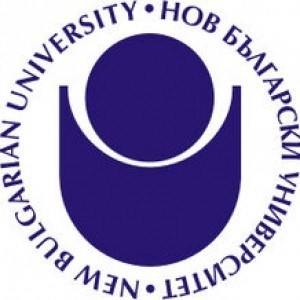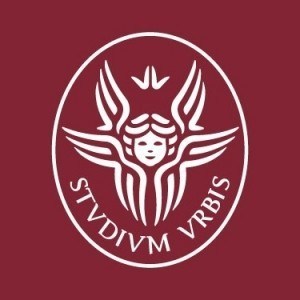Photos of university / #new_bulgarian_university
Advertisement
After finishing the program, you will have an interdisciplinary training combining knowledge and skills from the field of cognitive psychology, information science and cognitive modelling, neurosciences, linguistics and philosophy.
You will acquire good methodological training, experience and skills for conducting individual experimental research in cognitive science and skills for formulating the problem, finding the relevant literature, critical analysis of the solutions suggested in this literature, constructing perspective alternatives and their testing.
If you specialise in "Fundamental cognitive science", you will easily make up scientific texts and conduct fundamental research in the field of cognitive science, you will receive specialised interdisciplinary training in one of the following areas: perception, memory and thinking, language and development. You will be able to continue your development in the PhD program in cognitive science.
If you specialise in "Applied cognitive science", you will accumulate skills for solving problems from the practice through testing, skills for applying the methods and theories of cognitive science in some of the following areas: economics, advertising and marketing, education, human factors in software design, web-based products and systems, including systems for electronic education.
Semester I
* Foundations of Cognitive Science
* Experimental Methods
* Statistics
* Cognitive Psychology Cognitive Modeling
* Information Processing in the Human Brain Dynamical System Approach in Cognitive Science
Non-auditorium courses (15 credits required)
* Practicum in Experimental Design Practicum in Thinkin Aloud method and Protocol Analysis
* Practicum in Statistics
* Practicum in Reaction Time Experiments (E-Prime and PsyScope software)
* Practicum in Simulation Modeling
* Individual Directed Studies, 3 credits Group Directed Studies, 3 credits
Semester II
* Auditorium courses (15 credits required)
* Analogy
* Visual Information Processing
* Constructive memory
* Psychophysiological Studies and Cognitive Processes
* Neuropsychology of Languge
* Psycholinguistice
* Psychophysics
Non- auditorium courses (15 credits required)
* Memory and analogy Seminar
* Psycholinguistics Seminar
* Practicum in Visual Perception,
* Practicum in Psychophysiological Studies
* Summer School in Cognitive Science, 3 credits
* Individual Directed Studies, 3 credits
* Group Directed Studies, 3 credits
Semester III
Auditorium courses (15 credits required)
* Cognitive Development
* Judgment and Decision Making
* Concepts and Categorization
* Cognition in Context
* Social Cognition
* High-Level Vision
* Human Factors in Man-Machine Interaction
Non- auditorium courses (15 credits required)
* AMBR and DUAL Seminar
* Game Theory Seminar
* Usability Seminar
* Individual Directed Studies, 3 credits
* Group Directed Studies, 3 credits
* Practice - Teaching Assistance, 3 credits
* Practice - Research Lab, 3 credits
Semester IV
* Master Thesis - 15 credits
Non-auditorium courses (15 credits required)
* Summer School in Cognitive Science, 3 credits
* Course of a Guest-Lecturer, 3 credits
* Individual Directed Studies, 3 credits
* Practice - Teaching Assistance, 6 credits
* Practice - Research Lab, 6 credits








